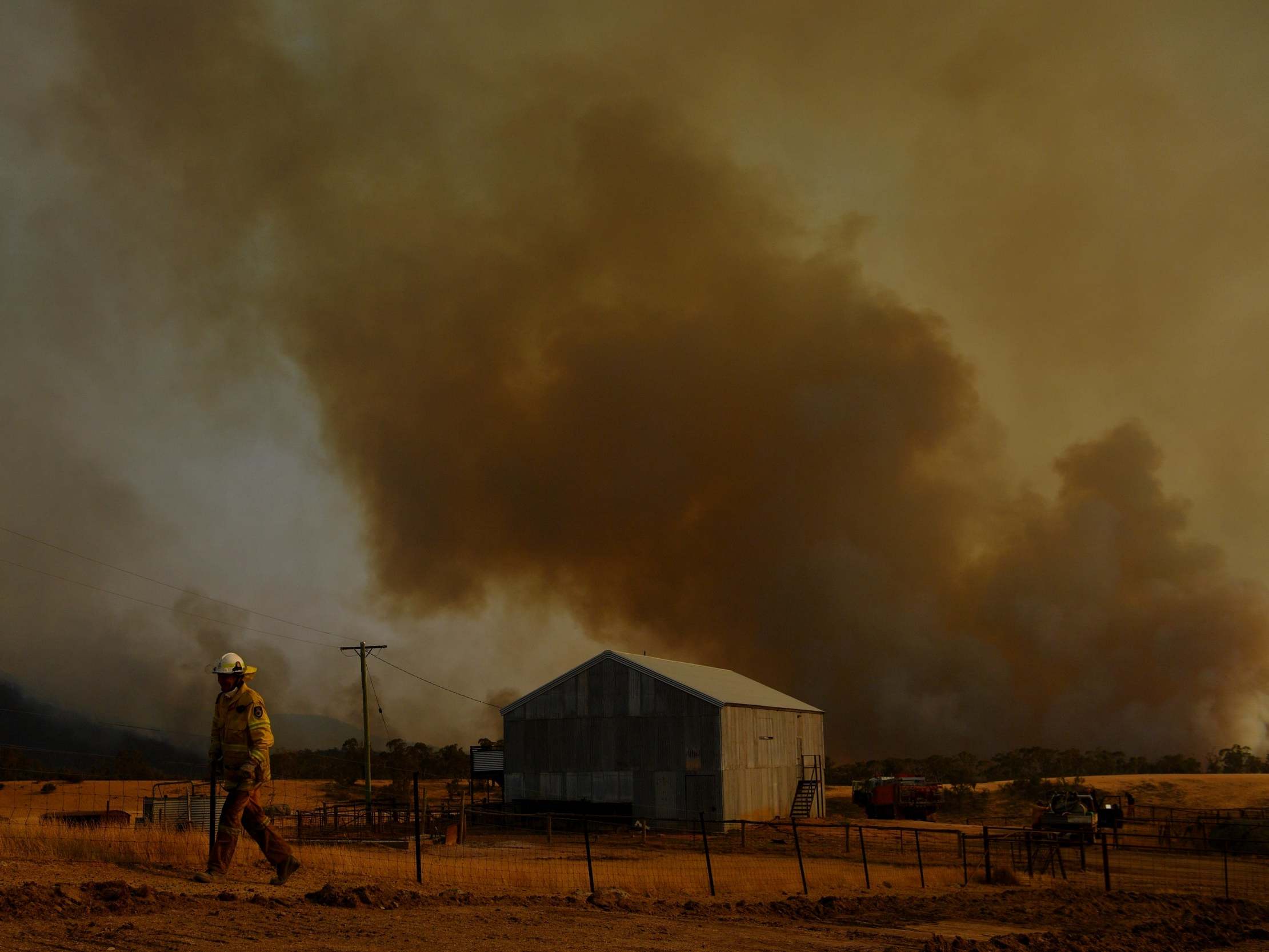Climate scientists confirm 2010s was hottest decade recorded
The evidence combines datasets from the Met Office, University of East Anglia, and the UK National Centre for Atmospheric Science

Your support helps us to tell the story
From reproductive rights to climate change to Big Tech, The Independent is on the ground when the story is developing. Whether it's investigating the financials of Elon Musk's pro-Trump PAC or producing our latest documentary, 'The A Word', which shines a light on the American women fighting for reproductive rights, we know how important it is to parse out the facts from the messaging.
At such a critical moment in US history, we need reporters on the ground. Your donation allows us to keep sending journalists to speak to both sides of the story.
The Independent is trusted by Americans across the entire political spectrum. And unlike many other quality news outlets, we choose not to lock Americans out of our reporting and analysis with paywalls. We believe quality journalism should be available to everyone, paid for by those who can afford it.
Your support makes all the difference.The world has just experienced its hottest decade on record, with 2019 among the warmest years ever seen, scientists have confirmed.
Last year saw the second or third highest average global temperatures since 1850, evidence from multiple data sets suggests.
The hottest year was 2016 – when the significant El Nino weather pattern was at play in the Pacific.
The data also shows that the past five years were the warmest of the last 170 years.
Scientists at the Met Office Hadley Centre, the University of East Anglia's Climatic Research Unit and the UK National Centre for Atmospheric Science (NCAS) produce one of the global data sets, known as HadCRUT4.
It is compiled from millions of air and sea surface temperature measurements taken across the globe from land on all continents and from all oceans.
The data shows that temperatures were 1.05C above pre-industrial levels, making 2019 the third warmest year since 1850, behind 2016 and 2015.
But scientists from US agencies Nasa and the National Oceanic and Atmospheric Administration (Noaa) also produce data sets for global temperature, each dating back to 1880, and find that 2019 is the second warmest on record.
The differences are largely down to how the scientists account for the polar regions, where data is sparse, the Met Office said.
But taking the evidence from the three records, together with other estimates from reanalyses, suggests that 2019 was most likely the second warmest year.
All three records agree that the last five years have been the warmest five years since each global data set began.
Dr Colin Morice, from the Met Office Hadley Centre, said: “Our collective global temperature figures agree that 2019 joins the other years from 2015 as the five warmest years on record.
“Each decade from the 1980s has been successively warmer than all the decades that came before.
“2019 concludes the warmest 'cardinal' decade, those spanning years ending 0-9, in records that stretch back to the mid-19th century.”
He added: “While we expect global mean temperatures to continue to rise in general, we don't expect to see year-on-year increases because of the influence of natural variability in the climate system.”
Professor Tim Osborn, director of research at the Climatic Research Unit, said: “We are confident that the world has warmed by about 1C since the late 19th century because different methods of working out the global temperature give very similar results.”
Met Office figures have also revealed that for the UK, the 2010s have been the second warmest of the cardinal decades over the last 100 years of weather records.
Meanwhile, the Bureau of Meteorology in Australia – where wildfires have been raging amid record temperatures – also recently confirmed that 2019 was the warmest and driest year on record for the country.
Press Association
Join our commenting forum
Join thought-provoking conversations, follow other Independent readers and see their replies
Comments